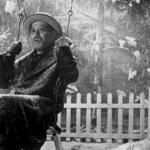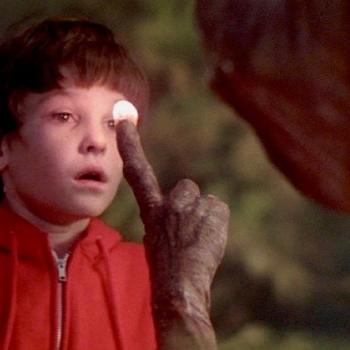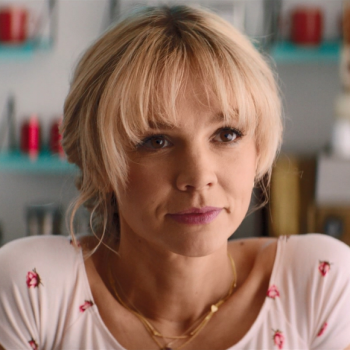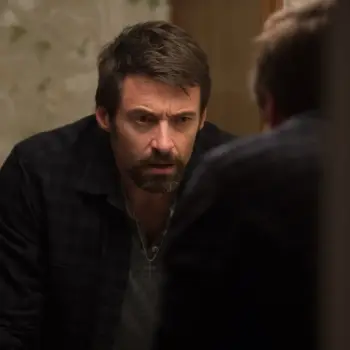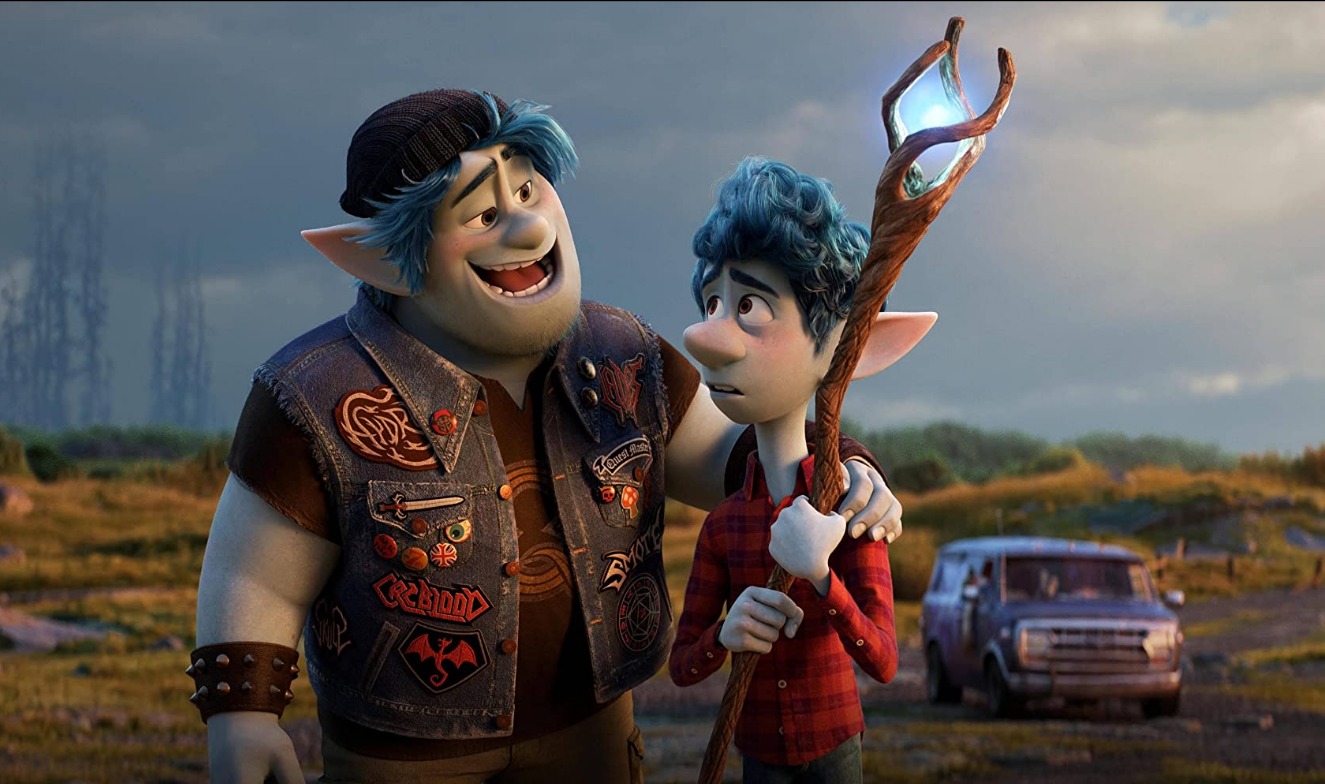
One of the most human of feelings is missing something that you can never have, and maybe never had to begin with. Something that has been forever lost. That lost something could be a world that embraces magic–not just for all the fireworks and dragons, but for the gallantry and adventure. That something could be the hand on your shoulder that can only come from a dad you never met. But everyone aches over something that feels like it can never be found in real life. So when someone steps in and helps bridge the gap, the feeling can be celestial.
What I’m getting at is simply that … ONWARD is absolutely one of Pixar’s best films.
I will go to war over this.
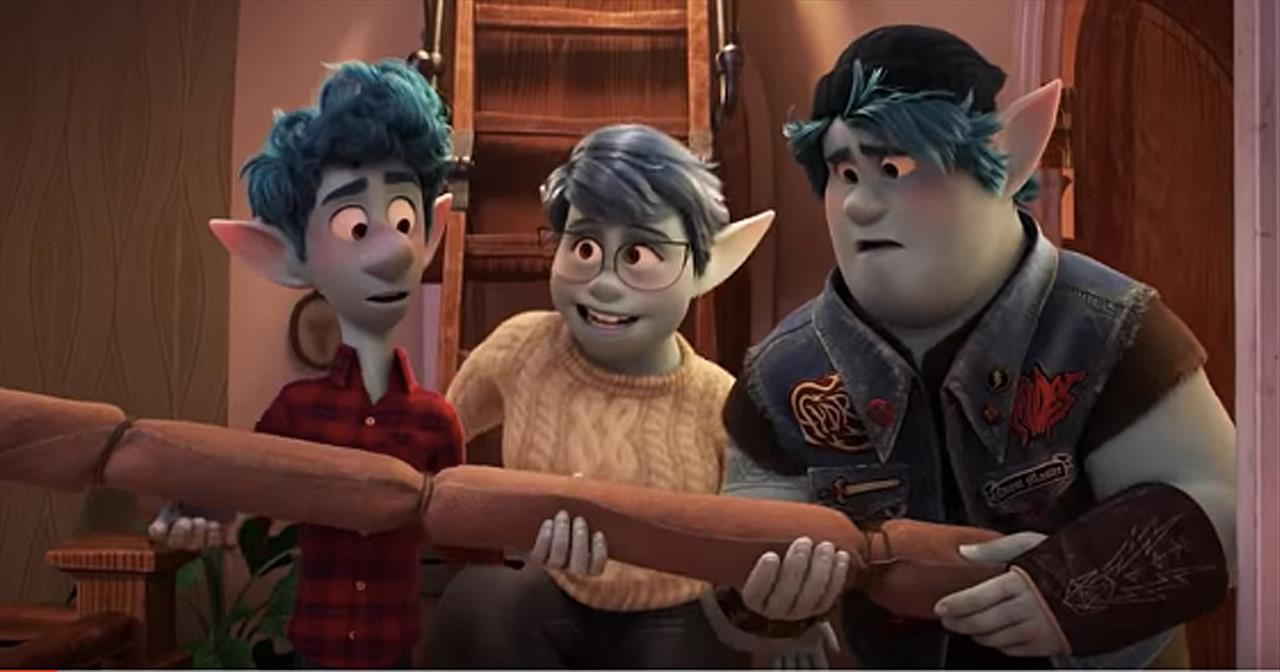
Strictly from a craft perspective, every element of the story exists in service of delivering the audience to its final destination, something this film has in common with a film like Finding Nemo, perhaps the apex of Pixar storytelling. But where the audience more or less knows where Marlin’s story is going to land right from the start (re: Marlin will need to learn to stop coddling Nemo), Ian’s story in ONWARD is a little more bait-and-switch. Once you see the dots connected, the progression rings true, but the movie does let you think for a time that Ian’s story will have him attain some higher form of wizardhood that will allow him to finally meet his father. Instead: Ian gives that chance to his brother, Barley, recognizing that his brother has already given him everything he could asked for from his dad.
Part of the way the film pulls off this reversal is in the way it characterizes Barley. He doesn’t seem at first like the kind of person equipped to provide that paternal support Ian is looking for. He’s a loveable doofus, but a doofus nonetheless. The kind of guy who should maybe put away his trading cards, amiright?
But Barley never misses a chance to give his brother an emotional boost. Even during the film’s early chapters, you see Barley pulling out all the stops to try to make Ian feel special, insisting on crowning his birthday with a wizard’s ceremony and insisting “There’s a mighty warrior in you yet, you just have to let him out.” Ian is initially put off by his brother’s enthusiasm, and even secretly agrees with the common consensus that Barley is a “screw-up,” but his experience in working with his brother has Ian reckon with just how much he has depended on the kind of unconditional love that Barley is so good at.

This story is delivered through the running plot of Barley using his magical expertise to help Ian to unlock his potential as a wizard so he can complete the spell that will bring their dad back. Barley has to coach Ian in all the nuances of accessing magic, but the throughline is that in order to perform magic, Ian has to live as his most authentic and bold self, something Ian is not very practiced at. This journey has a very particular rhythm: Ian faces a challenge that feeds off one of his specific insecurities, Barley gives him a pep talk, Ian unlocks a new mindset that solves both the immediate issue and the inhibition that was holding him back as a human being. (Well, as an elf, but you get the connection.) You see this with something like the invisible bridge episode where Ian has to use magic to summon an invisible bridge that will only appear if Ian believes in himself and his magical ability. Confidence has never been Ian’s strongest suit, which is why it helps to have a brother to tell him, “You can do this.”
What this also exemplifies is the way that sometimes (I’d say, often) the world does not celebrate or even recognize truly great people for their noble qualities. The world rewards the easy path, not the right one. Optimism is often mistaken for naivete, altruism is held with suspicion. This makes the service that noble people offer all the more precious, all the more admirable, all the more Christlike.

Those of you have read my COCO piece, my other response to a semi-recent Pixar film, might remember that stories like this tend to tug at a soft spot for me because I lost my own dad some years back: I had a very specific context for this movie when I saw it in theaters (literally the last fun thing I did before the pandemic). I had felt like the film was teasing some cathartic revelation about connecting with a lost parent, and I thought that was building up to an emotional reunion between Ian and his deceased father. But this film saves any conversation about any kind of afterlife reunion for another movie. Ian’s moment of truth is when he realizes that everything he wanted from his dad he can experience from an older brother who is only too willing to offer him all the love he has.
There was actually a brief moment in the theater where I thought to myself “Oh … that’s it?” But it took me only a little while to not only be okay with this film’s ultimate destination, but also appreciate its wisdom, even divinity. This idea that other goodhearted people can fill the roles of those who left us too early, that resonates both with my personal experiences with grief and well-known truisms of discipleship and Christ-like ministering, and I think we should be grateful for films that exemplify this.
In conclusion … we shouldn’t ask Pixar for Toy Story 5. We should be asking for more films like ONWARD.


